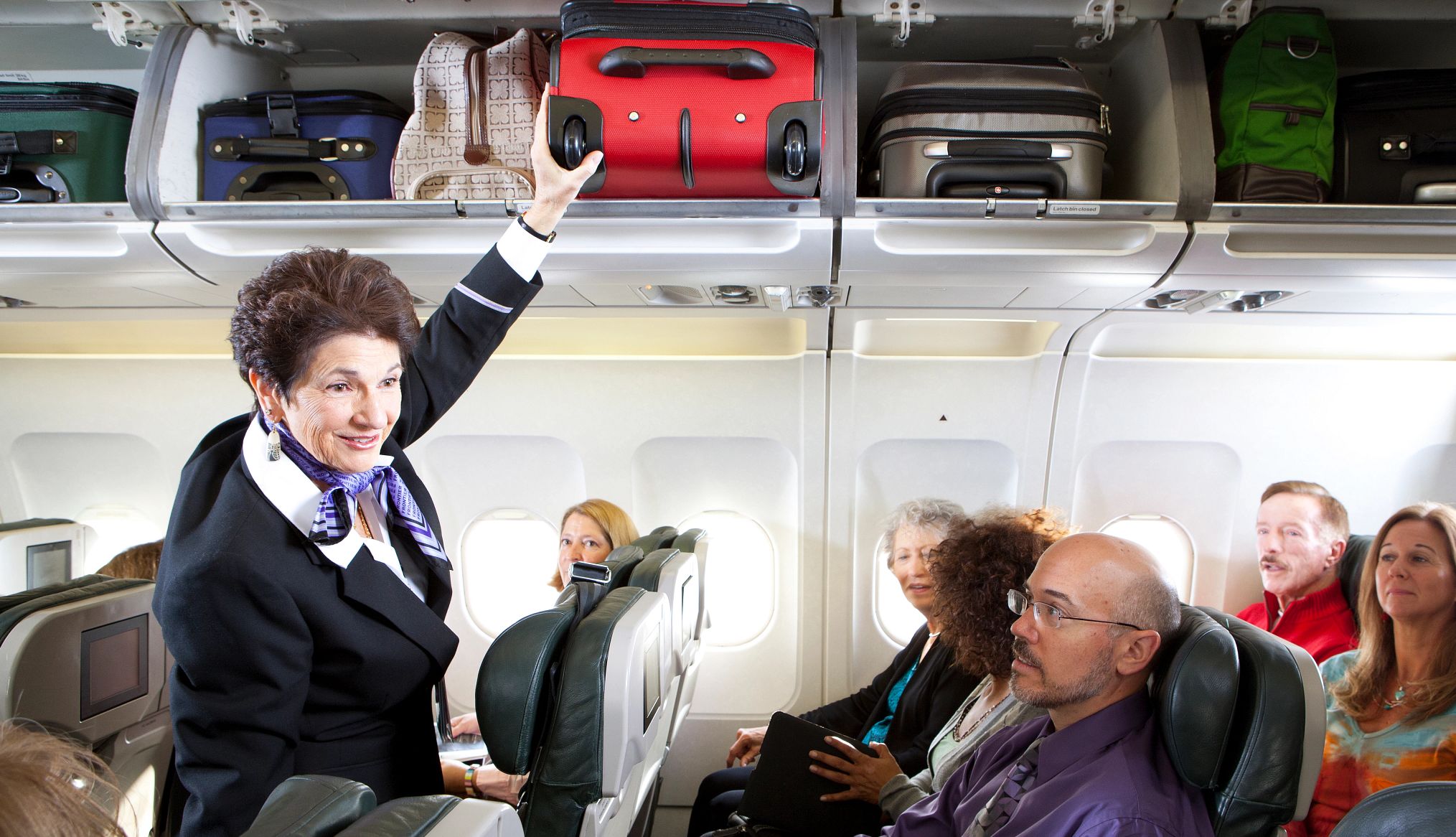AARP Hearing Center
Recent signs point to a boom in the use of travel advisers or travel agents by consumers. (Travel professionals increasingly prefer the term “travel adviser” to more accurately describe the service they provide.)
More than half (55 percent) of U.S.-based travel advisers increased their sales in 2023 over 2022, according to Travel Agent Central’s fourth-quarter Travel Trends & Advisor Insight Report. In addition, TravelAge West reported that 47 percent of people surveyed by IBS Software said they were using in-person or online travel agents to book vacations.
With such demand, you could be wondering if a second career as a travel adviser might be for you. Here’s what you should know before getting started.
A passion for travel is required
If you’re detail-oriented, organized, customer service-oriented and have a passion for travel — and opinions about where potential clients should go — a part- or full-time career as a travel adviser might be for you.
But first, a little background on the business.
The American Society of Travel Advisors offers several online courses (some of them, from brand partners, including cruises and resorts, are free) to aspiring travel advisers, covering subjects such as regulatory compliance and professional fees. The website also has a free downloadable digital booklet with background information on becoming a travel adviser.
But there is no specific education requirement for becoming a travel adviser, says Henley Vazquez, cofounder of Fora, one of the many host agencies that provide resources such as marketing, back-end technology and brand perks for travel advisers. That said, travel advisers in the U.S. are required to have an IATA number (International Air Transport Association, a trade association of the world’s airlines) in order to book and issue airline tickets and earn commissions. And while you can go through the IATA accreditation process on your own, it’s easier when you’re first starting out to join a host agency and work under its umbrella, Vazquez says.
In many cases, aligning with a host agency, for which you’d be an independent contractor or 1099 employee, simplifies the process of getting started as a travel adviser too.
You can access perks that often vary depending on the agency but probably include training and back-office support, booking tools, leads and professional liability insurance in the form of errors and omissions insurance, says Anne Scully of New York City–based host agency Embark Beyond.
“Marketing and training are paramount in who we are; we give our advisers many opportunities to travel so they can grow in knowledge,” she says. “We also have a team that help[s] with technology, and we help with them earning higher commissions from our partnerships.”
A Google search reveals no shortage of host agencies in the U.S. where you can get started as a travel adviser. But narrowing down the options can be daunting.



































































